
In a significant move toward restoring full diplomatic and economic relations, the United Arab Emirates has announced it will resume commercial flights to Syria, more than a decade after suspending air travel amid the Syrian civil war.
The UAE’s General Civil Aviation Authority (GCAA) confirmed that preparations are currently underway to relaunch both passenger and cargo services, in a step officials say will enhance travel, boost trade, and reinforce growing ties between Abu Dhabi and Damascus.
The announcement follows a landmark visit by Syrian President Ahmed Al Shara to the UAE—his first since taking office in December 2024—where he held high-level talks with UAE President Sheikh Mohamed bin Zayed Al Nahyan. During their meeting, Sheikh Mohamed reaffirmed the UAE’s commitment to Syria’s post-war recovery, pledging comprehensive support for reconstruction and economic revitalization.
“The resumption of flights is a clear signal of our intent to deepen cooperation,” a senior UAE official said. “It’s a practical measure with symbolic weight, reflecting the evolving relationship between our two nations.”
Flights between the UAE and Syria were halted in 2012 due to security concerns and the escalating conflict that engulfed the region. The move to restore connectivity aligns with a broader trend among Arab states that are reengaging with Syria, following recent political shifts in Damascus.
Regional carriers such as Turkish Airlines and Qatar Airways have already resumed limited services to Syrian cities, and earlier this year, Syrian Airlines launched its first international commercial flight to Sharjah, marking a cautious but notable return to global air routes.
While no official restart date has been announced, budget airlines flydubai and Wizz Air Abu Dhabi have expressed interest in operating flights to Syria, pending regulatory approvals and safety assessments.
The renewed air links are expected to significantly benefit the large Syrian expatriate community in the UAE, many of whom have been separated from families or faced difficulties traveling home. It also promises to create new avenues for tourism and trade in a country seeking economic revival.
However, Syria’s path forward remains challenged by international sanctions, particularly those imposed by Western nations. These sanctions continue to hamper full economic recovery, even as diplomatic momentum builds for their gradual easing.














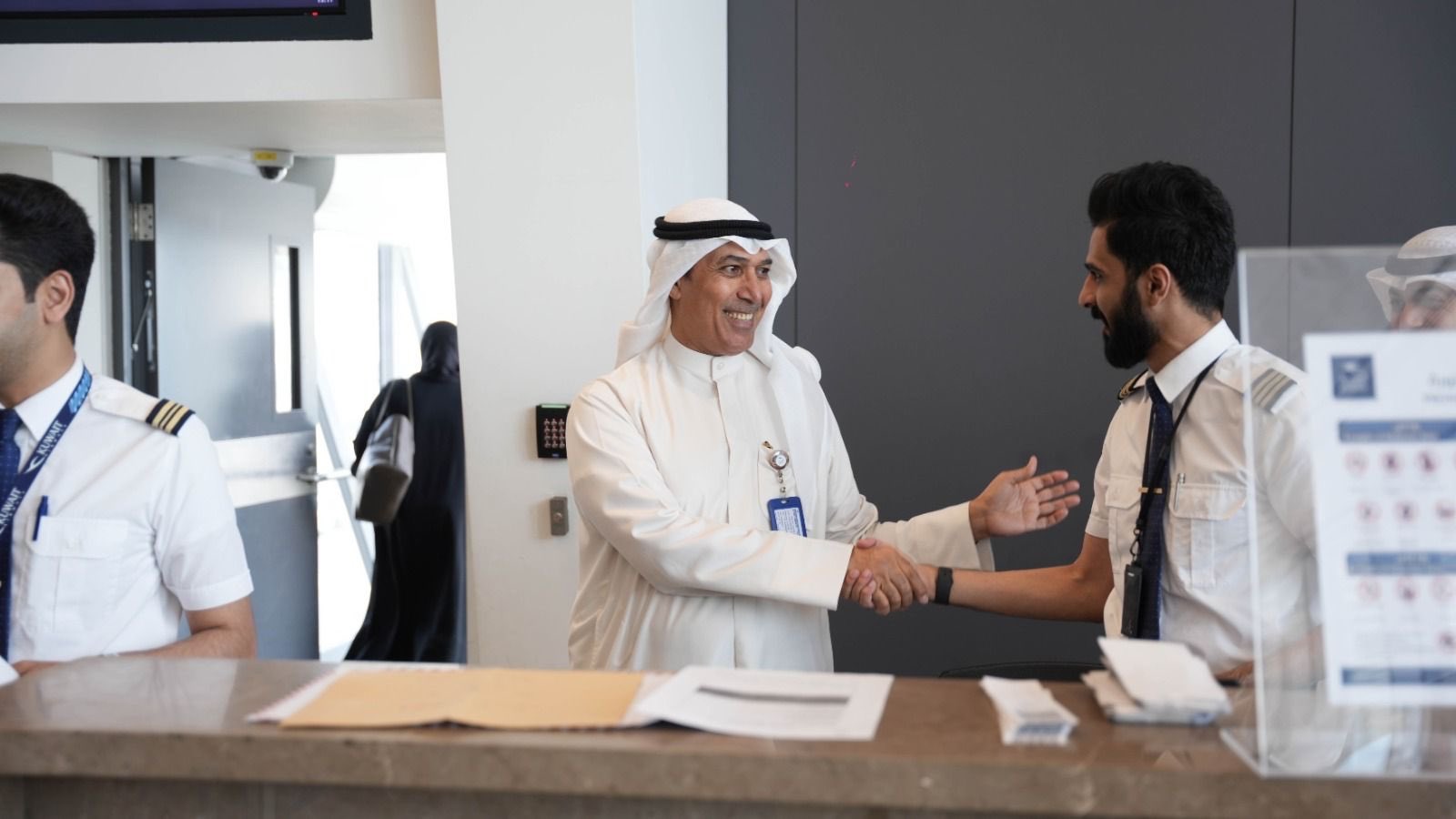
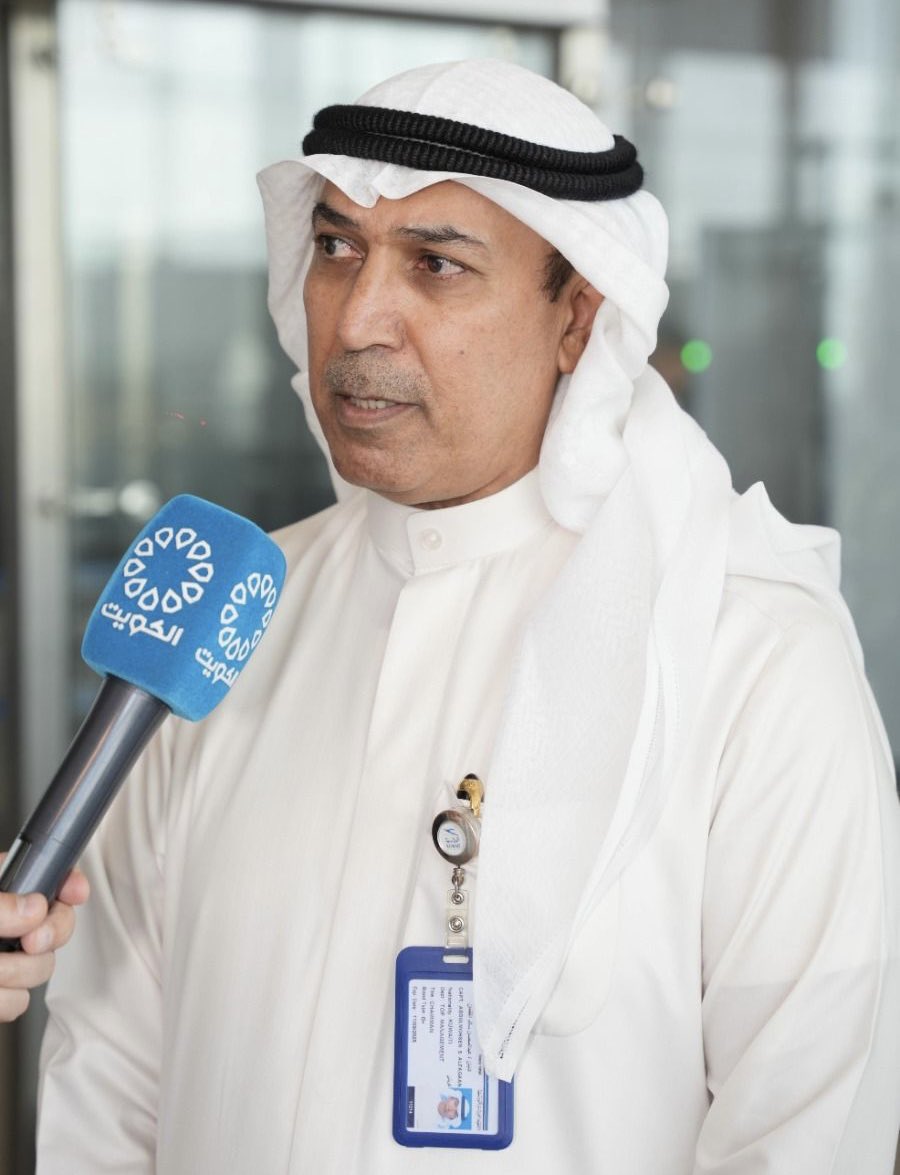









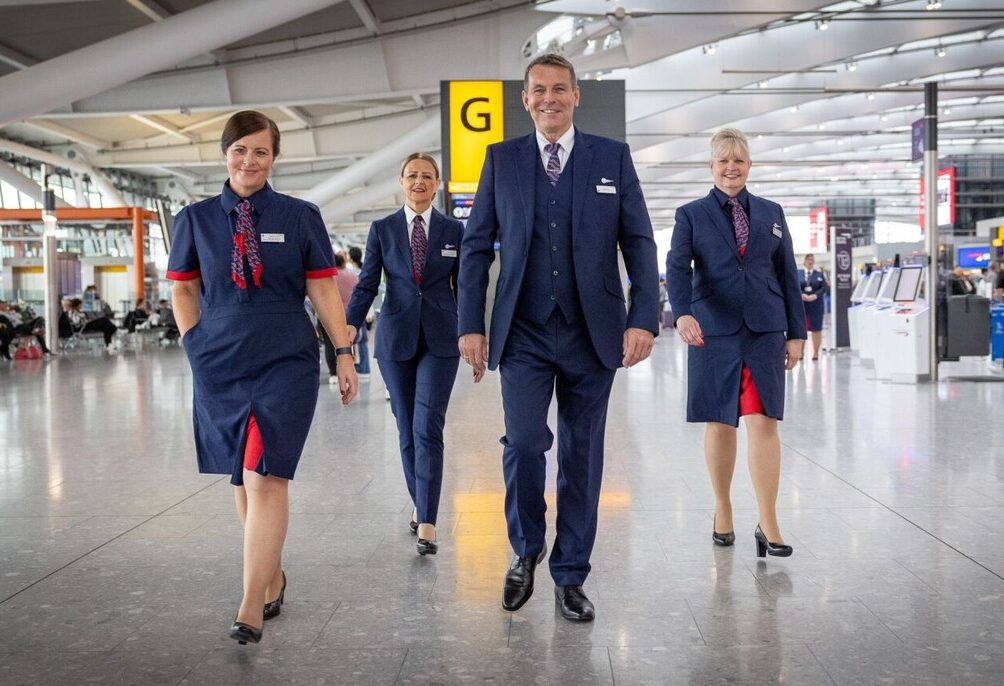
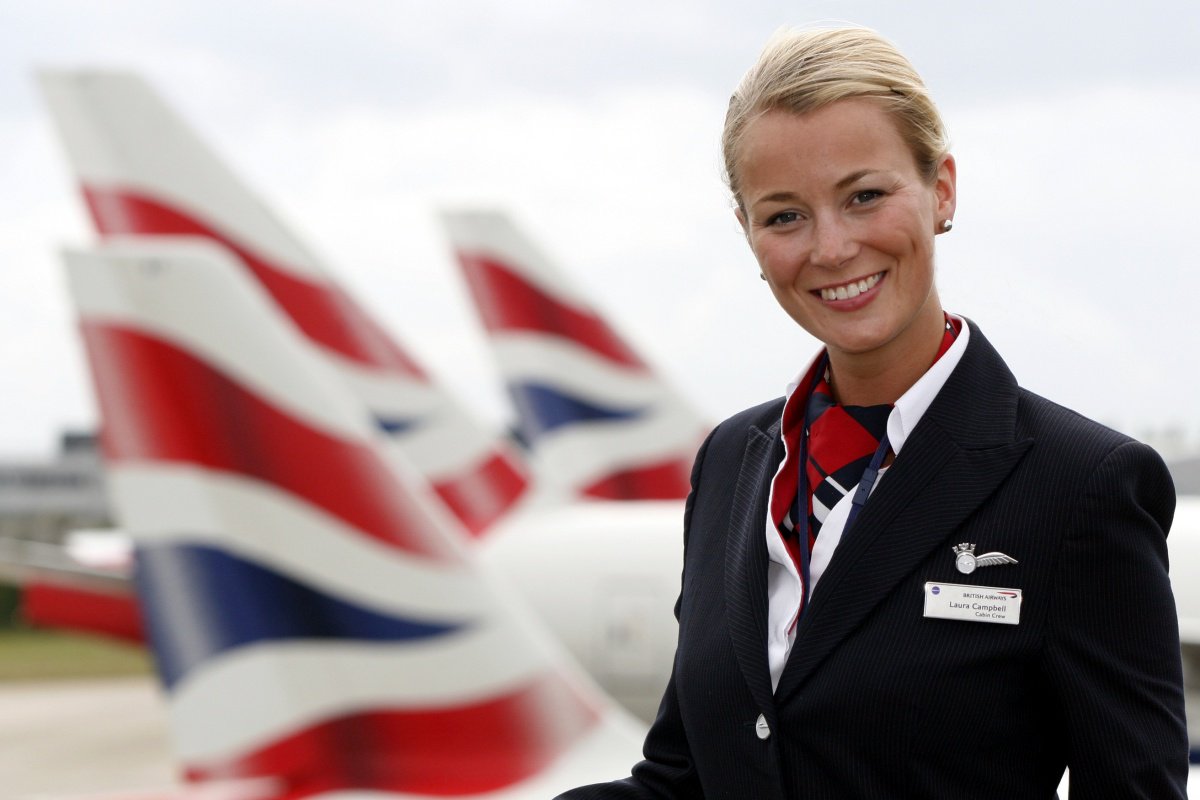
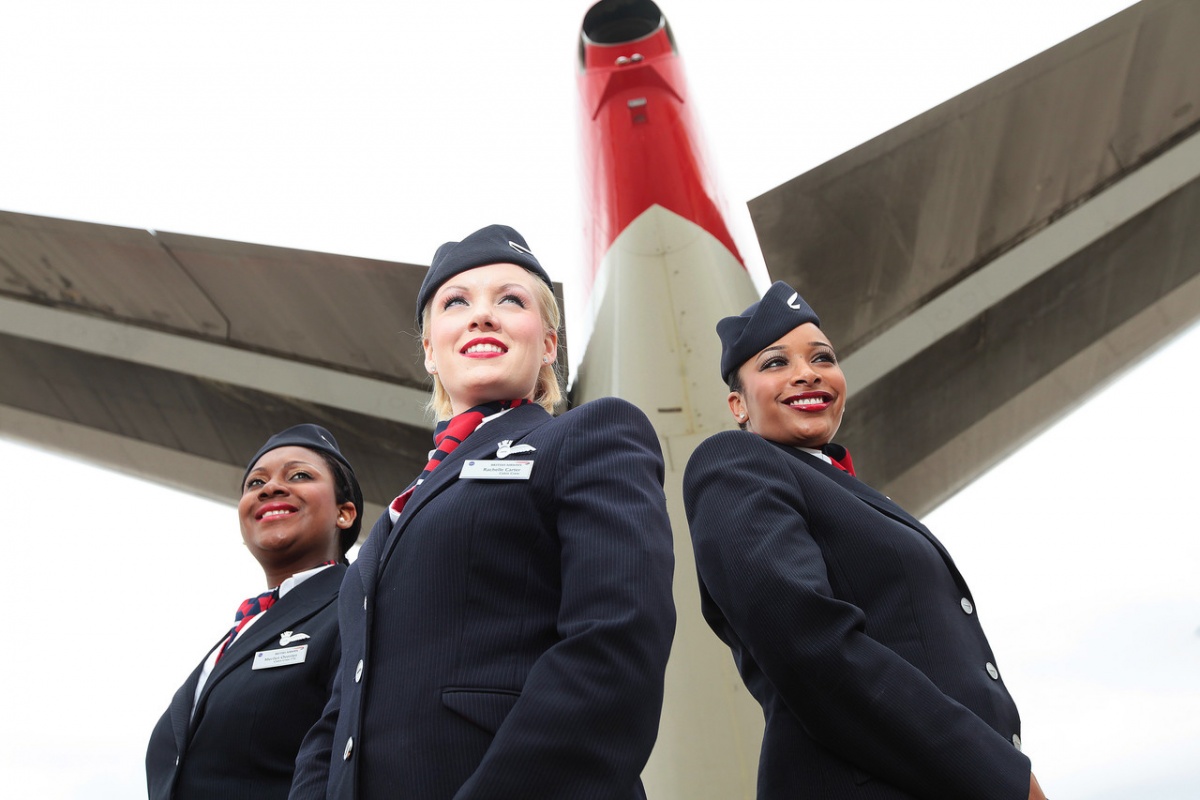


-302cd4-large-1748788146 (2).jpg)











-302cd4-large-1748788146 (2).jpg)



.jpg)
.jpg)
.jpg)






.jpg)




.jpg)
.jpg)